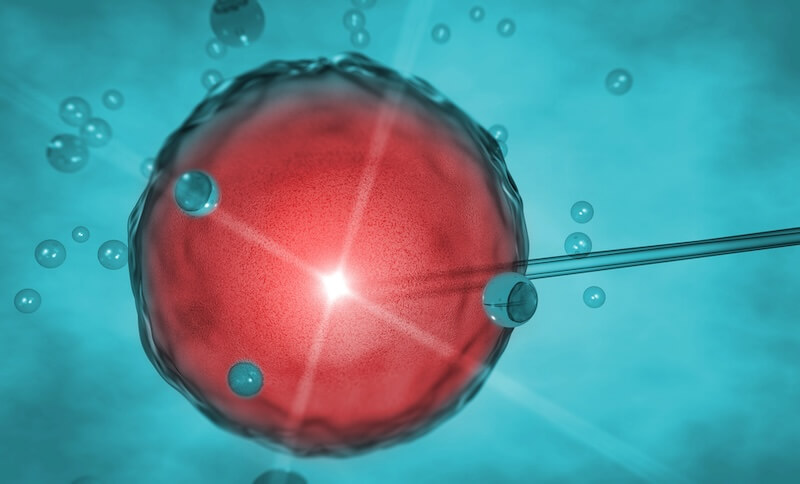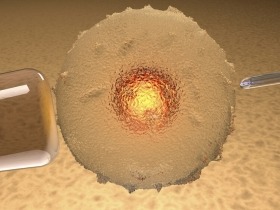The Transformative Power of Egg Donation
Within the dynamic field of reproductive medicine, egg donation shines as a hopeful solution for many couples dealing with infertility issues. This procedure, which involves utilizing eggs donated by another woman to facilitate conception, has been pivotal in helping numerous individuals and couples around the globe realize their dream of parenthood.
Understanding the Parts of Egg Donation
Egg donation is a process where a fertile woman, known as the donor, donates her eggs to be used in another woman’s IVF treatment. (Source: ReproductiveFacts) The donor’s eggs are retrieved through a medical procedure, fertilized with sperm in a laboratory setting, and the resulting embryos are transferred to the recipient’s uterus. This procedure offers a viable path to parenthood for individuals who are unable to conceive using their own eggs due to various medical reasons.
The Profound Impact of Egg Donation on Fertility Treatment
Egg donation has revolutionized fertility treatment in several significant ways. For women who have low ovarian reserve, premature ovarian failure, or carry genetic disorders they do not wish to pass on, egg donation provides an opportunity to have a child. It also offers hope for same-sex male couples and single men seeking to become parents, thereby broadening the scope of fertility treatments.

The Detailed Egg Donation Process: A Journey of Hope
The egg donation process commences with the selection of a suitable donor. Once a donor is chosen, she undergoes hormonal stimulation to encourage the production of multiple eggs. These eggs are then retrieved in a minor surgical procedure and fertilized using advanced IVF techniques in the lab. The resulting embryos are monitored for growth and development before one or more are transferred into the recipient’s uterus, marking a significant milestone in the journey toward parenthood. (Source: Apricity)
The Role of Advanced Technology in Egg Donation: A Game Changer
Just as the EmbryoScope has revolutionized embryo monitoring, advanced technologies play a crucial role in the egg donation process. Preimplantation Genetic Testing (PGT) allows for screening embryos for genetic disorders before transfer. (Source: National Women’s Health) This ensures that only the healthiest embryos are selected, increasing the chances of a successful pregnancy and a healthy baby.
The Transformative Power of Egg Donation: Changing Lives One Egg at a Time
Egg donation is more than just a medical procedure; it’s a transformative journey that brings hope to those struggling with infertility. By providing a path to parenthood for those who may not be able to conceive naturally, egg donation can profoundly change lives, creating new family dynamics and spreading joy.
The Future of Egg Donation: A Promising Horizon
As scientific advancements continue to evolve, the future of egg donation looks promising. With new technologies and improved medical protocols, egg donation success rates are expected to increase, bringing joy to more people worldwide. The field of reproductive medicine continues to innovate, and egg donation is at the forefront of these advancements.
Egg donation is a powerful tool in reproductive medicine, offering hope to those who may have previously thought parenthood was out of reach. While it does not guarantee a successful pregnancy, it significantly enhances the chances by providing healthy, viable eggs for IVF treatment. As technology continues to advance, the future of egg donation and fertility treatment looks promising, offering a ray of hope to those dreaming of starting a family.
Sources:
ReproductiveFacts - Egg Donation | ReproductiveFacts.org
Apricity - Donor Egg IVF Treatment - IVF and Egg Donation with Apricity (apricityfertility.com)
National Women's Health - Pre-implantation genetic testing (PGT) | Te Whatu Ora (adhb.govt.nz)






